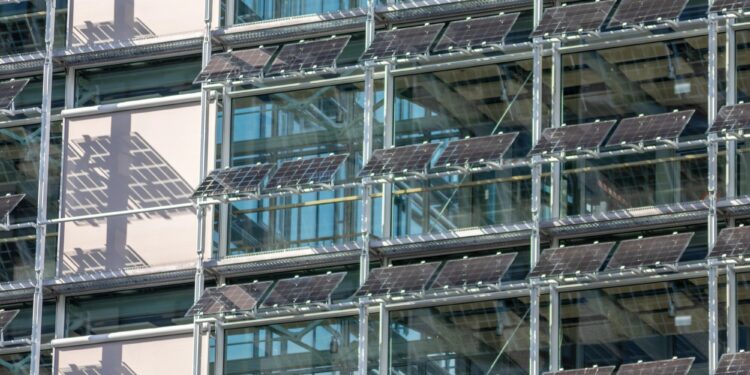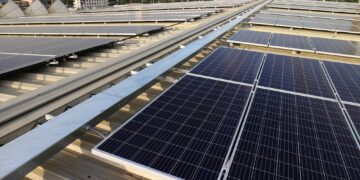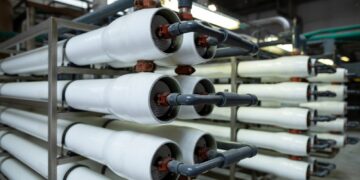Researchers at King Abdullah University of Science and Technology (KAUST) in Saudi Arabia have unveiled a new technology that could transform solar power. Their innovative cooling system, developed by Saudi scientists, uses a composite of lithium chloride and sodium polyacrylate to passively cool solar panels by absorbing and releasing moisture.
According to the research team, this coating kept solar panels 48.9°F cooler, increased their power output by 12.9%, and tripled their operational lifespan during tests in the Saudi desert. These findings were reported in the journal Materials Science and Engineering. The technology also has the potential to cut electricity generation costs by nearly 20%, according to the researchers.
Unlike traditional cooling systems that require electricity, this passive approach is more sustainable and cost-effective. The material is easy to produce and does not rely on harsh chemicals, making it environmentally friendly. Tests in various climates, including wet and cool regions in the United States, confirmed the system’s effectiveness across different environments.
The breakthrough highlights the importance of interdisciplinary collaboration at KAUST. Experts like Professor Qiaoqiang Gan and Professor Stefaan De Wolf emphasized that the team’s diverse skills contributed to the success of the project. By improving efficiency and durability, this technology could reduce waste and make solar energy more affordable and accessible worldwide.
This advancement represents a significant step forward for renewable energy, suggesting promising possibilities for the future of solar power and global sustainability.









